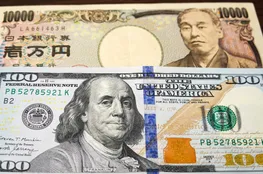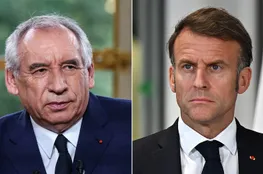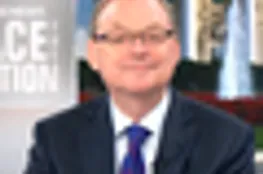Amid the backdrop of low economic growth, rising global debt, and intensifying geopolitical conflicts, the recent International Monetary Fund (IMF) and World Bank meetings were overshadowed by the looming specter of a potential return to power by Donald Trump in the upcoming U.S. presidential election. The shifts in polling, which show Republican candidate Trump gaining ground on his opponent, Vice President Kamala Harris, stirred widespread discussions among finance ministers, central bankers, and civil society representatives attending the meetings in Washington.
The central concern among these leaders is Trump's capacity to disrupt global financial stability through aggressive tariff expansions, increased national debt, and a possible rollback of climate initiatives, shifting focus back to fossil fuel energy production. Bank of Japan Governor Kazuo Ueda highlighted a general sense of unease about the unpredictable path U.S. policies could take post-election, echoing concerns that were more bluntly stated by another central banker on anonymity.
Trump's specific proposals, such as a 10% import tariff from all countries and a dramatic 60% duty increase on Chinese imports, threaten to disturb global supply chains, provoke retaliatory actions, and heighten costs. This apprehension was mirrored by German Finance Minister Christian Lindner, who warned of the detrimental implications of a U.S.-EU trade war under these tariff policies. In contrast, a Harris victory is perceived by financial circles as a continuation of President Biden's multilateral cooperation agenda, addressing issues like climate, tax reforms, and debt relief more harmoniously.
While her fiscal strategies would increase U.S. debt, experts believe they would do so to a lesser extent compared to Trump's policies. Financial markets have already started placing bets on a Trump win, with significant movements in assets ranging from stocks to cryptocurrencies. The U.S. dollar, for instance, marked a significant rise, partly attributed to Trump's improving poll odds, as analyzed by Standard Chartered's Steve Englander. The ripple effects of these market actions are beginning to manifest in inflationary pressures on long-term interest rates, according to Brazil's central bank chief Roberto Campos Neto.
As the IMF concluded that global efforts against inflation had thus far averted major employment disruptions, the focus was on addressing persistent high debt levels left by the pandemic. IMF Managing Director Kristalina Georgieva emphasized the need for policy coherence in tackling economic challenges and refrained from speculating on electoral outcomes, underscoring that the electoral decision rests with the American people.
Emerging markets face mixed fortunes, with the U.S. Federal Reserve's recent rate cut potentially spurring growth. However, the specter of larger U.S. deficits under a Trump administration raises concerns over higher interest rates and a stronger dollar, effects that might hurt emerging economies. Turkish Finance Minister Mehmet Simsek highlighted the precarious position these markets could find themselves in, owing to elevated U.S. long-term rates.
Widespread unease about a retaliatory spiral of global tariffs, undermining inflation control efforts, was palpable. Lesetja Kganyago, South Africa's central bank governor, warned of the difficulties central banks could face if global trade conflicts escalate. Yet, amid these challenges, there was a shared resolve for continued dialogue and cooperation between U.S. administrations, be it Democratic or Republican, as noted by Saudi Arabian Finance Minister Mohammed Al-Jadaan.
The sentiment of viewing challenges as an opportunity for restructuring and readiness, as expressed by Angolan Finance Minister Vera Daves de Sousa, underscored the broader theme of resilience divulged during the meetings.
























